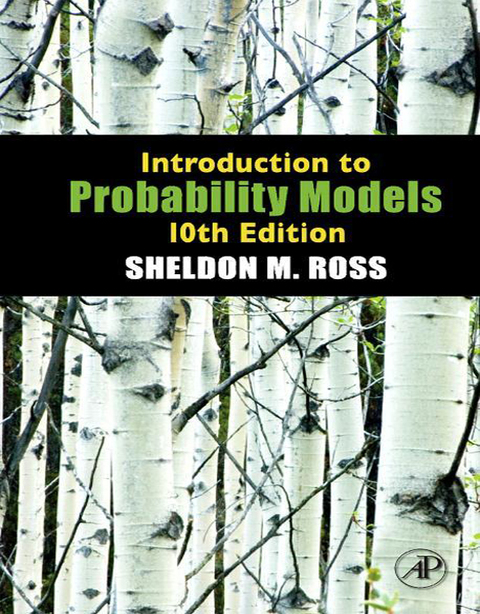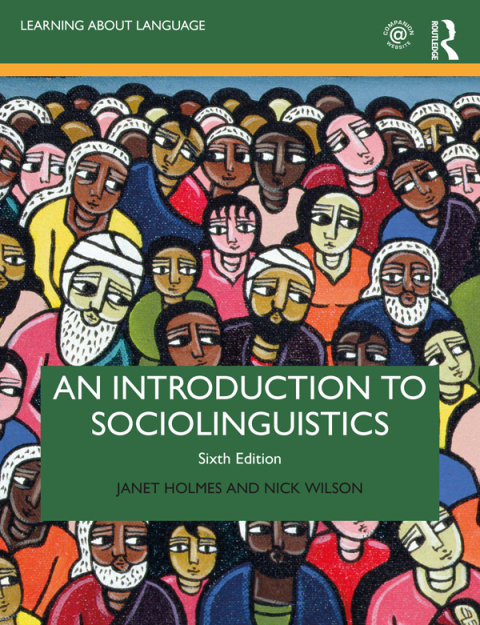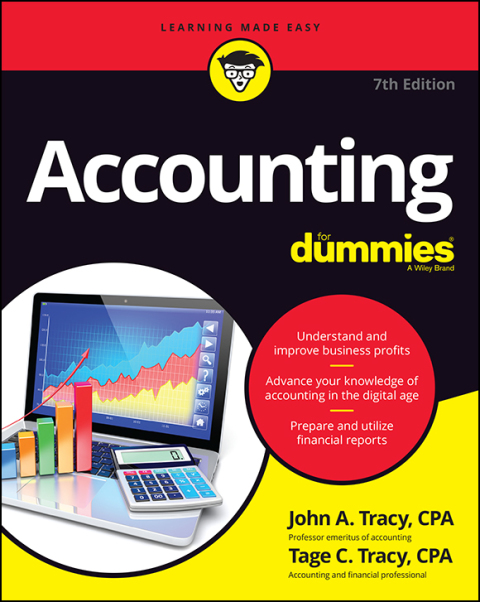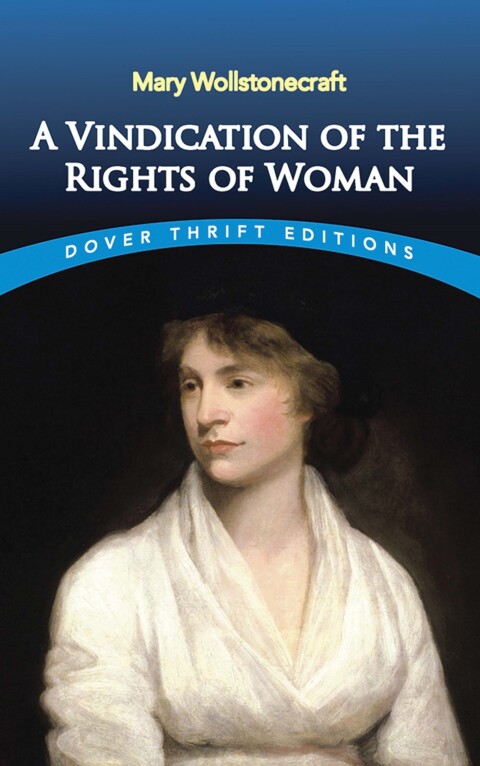Description
Efnisyfirlit
- Cover image
- Title page
- Table of Contents
- Copyright
- Preface
- New to This Edition
- Course
- Examples and Exercises
- Organization
- Acknowledgments
- CHAPTER 1. Introduction to Probability Theory
- 1.1 Introduction
- 1.2 Sample Space and Events
- 1.3 Probabilities Defined on Events
- 1.4 Conditional Probabilities
- 1.5 Independent Events
- 1.6 Bayes′ Formula
- Exercises
- References
- CHAPTER 2. Random Variables
- 2.1 Random Variables
- 2.2 Discrete Random Variables
- 2.2.2 The Binomial Random Variable
- 2.4 Expectation of a Random Variable
- 2.9 Stochastic process
- Exercises
- References
- CHAPTER 3. Conditional Probability and Conditional Expectation
- 3.1 Introduction
- 3.2 The Discrete Case
- 3.3 The Continuous Case
- 3.4 Computing Expectations by Conditioning
- 3.5 Computing Probabilities by Conditioning
- 3.6 Some Applications
- 3.7 An Identity for Compound Random Variables
- Exercises
- CHAPTER 4. Markov Chains
- 4.1 Introduction
- 4.2 Chapman-Kolmogorov Equations
- 4.3 Classification of States
- 4.4 Limiting Probabilities
- 4.5 Some Applications
- 4.6 Mean Time Spent in Transient States
- 4.7 Branching Processes
- 4.8 Time Reversible Markov Chains
- 4.9 Markov Chain Monte Carlo Methods
- 4.10 Markov Decision Processes
- 4.11 Hidden Markov Chains
- Exercises
- References
- CHAPTER 5. The Exponential Distribution and the Poisson Process
- 5.1 Introduction
- 5.2 The Exponential Distribution
- 5.3 The Poisson Process
- Example 5.18 (An Infinite Server Queue)
- Example 5.19 (Minimizing the Number of Encounters)
- 5.3. Proof of Proposition
- 5.4 Generalizations of the Poisson Process
- Exercises
- References
- CHAPTER 6. Continuous-Time Markov Chains
- 6.1 Introduction
- 6.2 Continuous-Time Markov Chains
- 6.3 Birth and Death Processes
- 6.6 Time Reversibility
- 6.7 Uniformization
- 6.8 Computing the Transition Probabilities
- Exercises
- References
- CHAPTER 7. Renewal Theory and Its Applications
- 7.1 Introduction
- 7.2 Distribution of N(t)
- 7.3 Limit Theorems and Their Applications
- 7.4 Renewal Reward Processes
- 7.5 Regenerative Processes
- 7.6 Semi−Markov Processes
- 7.7 The Inspection Paradox
- 7.8 Computing the Renewal Function
- 7.9 Applications to Patterns
- 7.10 The Insurance Ruin Problem
- Exercises
- References
- CHAPTER 8. Queueing Theory
- 8.1 Introduction
- 8.2 Preliminaries
- 8.3 Exponential Models
- 8.4 Network of Queues
- 8.5 The System M/G/1
- 8.6 Variations on the M/G/1
- 8.7 The Model G/M/1
- 8.8 A Finite Source Model
- 8.9 Multiserver Queues
- References
- CHAPTER 9. Reliability Theory
- 9.1 Introduction
- 9.2 Structure Functions
- 9.3 Reliability of Systems of Independent Components
- 9.4 Bounds on the Reliability Function
- 9.5 System Life as a Function of Component Lives
- 9.6 Expected System Lifetime
- 9.7 Systems with Repair
- Exercises
- References
- CHAPTER 10. Brownian Motion and Stationary Processes
- 10.1 Brownian Motion
- 10.2 Hitting Times, Maximum Variable, and the Gambler’s Ruin Problem
- 10.3 Variations on Brownian Motion
- 10.4 Pricing Stock Options
- 10.5 White Noise
- 10.6 Gaussian Processes
- 10.7 Stationary and Weakly Stationary Processes
- 10.8 Harmonic Analysis of Weakly Stationary Processes
- Exercises
- References
- CHAPTER 11. Simulation
- 11.1 Introduction
- 11.2 General Techniques for Simulating Continuous Random Variables
- 11.3 Special Techniques for Simulating Continuous Random Variables
- 11.4 Simulating from Discrete Distributions
- 11.5 Stochastic Processes
- 11.6 Variance Reduction Techniques
- 11.7 Determining the Number of Runs
- 11.8 Generating from the Stationary Distribution of a Markov Chain
- References
- APPENDIX. Solutions to Starred Exercises
- 1 Chapter 1
- 2 Chapter 2
- 3 Chapter 3
- 4 Chapter 4
- 5 Chapter 5
- 6 Chapter 6
- 7 Chapter 7
- 8 Chapter 8
- 9 Chapter 9
- 10 Chapter 10
- 11 Chapter 11
- Index





